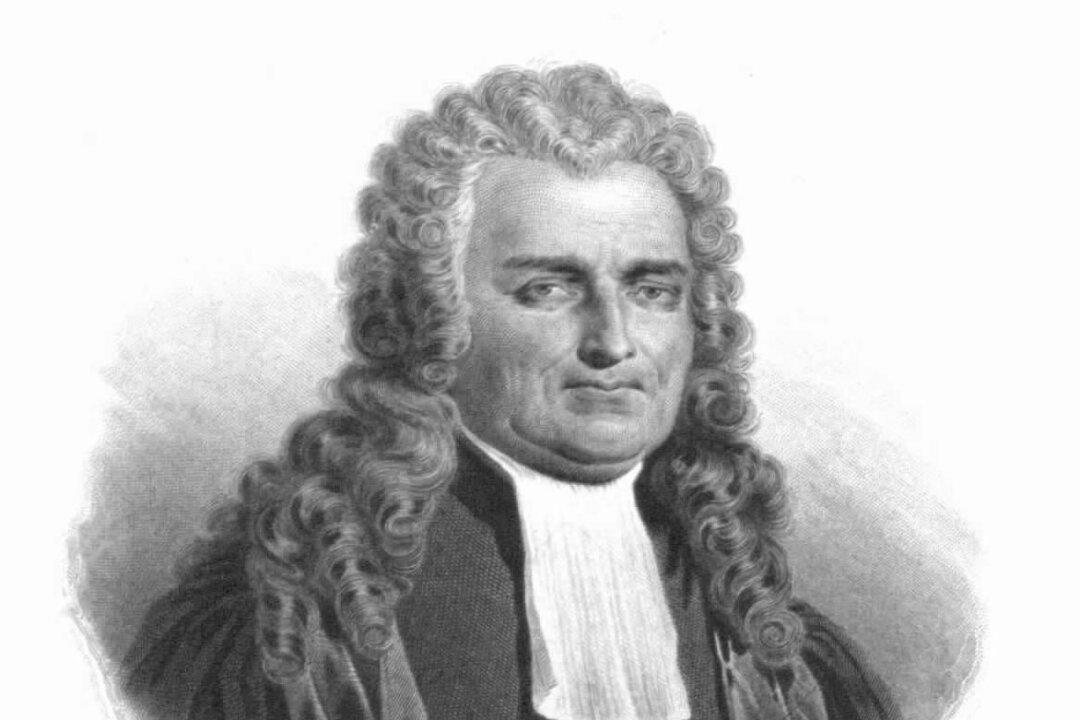Commentary
The world abounds in prizes and awards given to those who excel in their field, from the arts and sciences, to literature, to acting, to athletic prowess, and more.

The world abounds in prizes and awards given to those who excel in their field, from the arts and sciences, to literature, to acting, to athletic prowess, and more.